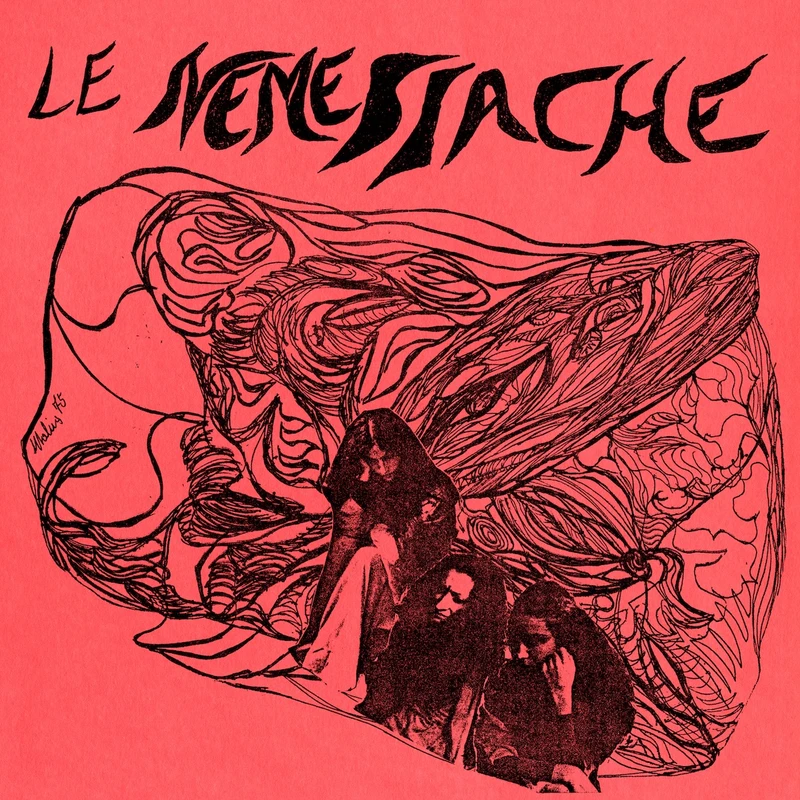Le Nemesiache


b. 1970, Italy
Le Nemesiache were/are: Lina Mangiacapre (NEMESI), Teresa Mangiacapra (NIOBE), Silvana Campese (MEDEA), Fausta Base, Conni Capobianco (NAUSICAA), Maria Matteucci (MAREA), Bruna Felletti (KARMA), Claudia Aglione (Elena), Aracne, Aretusa, Astrea, Camilla, Cassandra, Coca-Dafne, Elsa/Circe, Eco, Ilizia, Ippolita, Karma, Tike, Adele, Angela, Angela Rosa, Anna, Anna N., Antonella, Carmen, Caroline, Chantal, Cicci, Cinzia, Caterina, Catherine, Consuelo, Cosima, Despina, Dina, Dolores, Elisabeth, Elisabetta, Elsa M., Esther, Gianni, Giuliana, Giuditta, Gloria, Isabel, Laura, Lilly, Lucia, Lucia M., Luisita, Lydia, Maria, Marie Laurence, Matilde, Monica, Nadia, Nazarena, Rita, Rosalba, Rosella, Rossana, Rossella, Sabine, Tonia, Vittoria.
Le Nemesiache (followers of Nemesis, Greek goddess of revenge against arrogance) was founded by artist and philosopher Lina Mangiacapre, who returned to Naples from Rome in 1969, to pursue forms of collective living and making in the city. Together, the group created films, performances, poetry events, music, photographs, collages, books and artistic and political pamphlets. They also practiced a form of consciousness-raising called psicofavola, or psycho-fable, that focused on the use of the body and myth. By speaking through the form of the psycho-fable, the group collectively evoked powerful female figures from the Mediterranean and connected with their landscape — bordered by the sea and marked by the presence of the volcano, Vesuvius. Incorporated as a ritualistic methodology, this form of storytelling was activated as a process to transform the individual and collective body, to liberate and connect both person and place. Le Nemesiache animated and participated in second-wave feminist struggles, their Southern-Italian feminism connecting to other forms of resistance to Western patriarchy across Europe during this period.